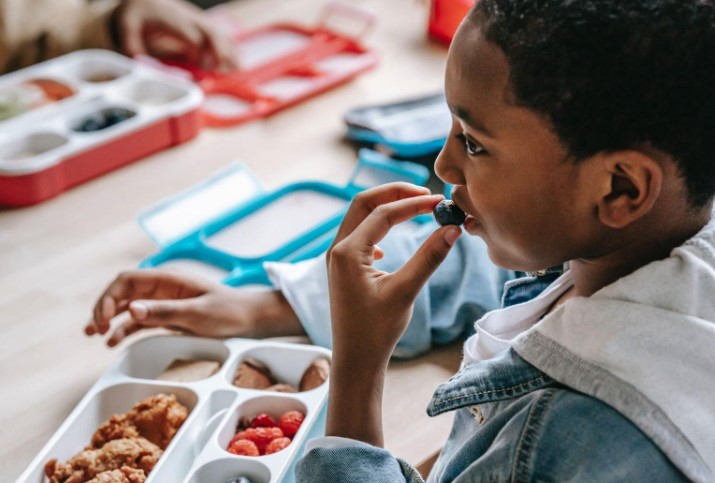Parents play a crucial role in shaping their children’s understanding of the world, including global issues that affect the lives of millions every day. Malnutrition is one such issue, an unfortunately common problem that disrupts the growth and well-being of children around the world. Teaching your kids about global malnutrition can empower them to become compassionate global citizens who actively contribute to the fight against malnutrition. Below, we’ll explore some tips and resources to help you do just that.
Follow Good Health Practices at Home
Following good health practices at home is an essential part of the conversation about malnutrition and its global impact. Establishing healthy habits within your family will enforce the importance of health and nutrition for your children. This includes incorporating a balanced diet, encouraging your children to engage in regular physical activity, and practicing proper hygiene to prevent the spread of disease.
Make Creative Reminders
To give the members of your family a little extra inspiration, you may want to print out some wellness flyers as reminders to place around your home. They could include tips on healthy eating and activities, as well as inspirational quotes and images. This will encourage your kids to prioritize their health, and you can design these flyers yourself by using free tools and resources. For example, there are lots of flyer templates free online, so select one that allows you to add your own text, colors, fonts, and images. In a matter of minutes, you can put together a flyer that can help keep your family on track.
Emphasize the Importance of Nutrition
Teaching your children about the importance of nutrition is crucial in helping them understand the role it plays in global health. Explain how the food your kids eat provides the necessary energy and nutrients for their bodies to grow, develop, and function. Highlight the connection between nutrition and their ability to perform well in school and activities. You can also discuss specific foods and their benefits, such as how fruits and vegetables provide vitamins and minerals while protein helps with muscle development. Engaging your children in meal planning and prep is a great way to get the conversation started!
Foster Empathy and Compassion
Raising your children to exhibit empathy and compassion can encourage them to support others who might not have the same privileges and resources they do. Start open discussions about diversity, poverty, and the challenges facing children in different parts of the world. Engage in family activities that promote empathy, such as reading books or watching documentaries. You can also encourage your children to do acts of kindness, such as participating in food drives or join pen-pal programs that connect children from different backgrounds.
Introduce Your Children to Global Perspectives
Introducing your children to the perspectives of people all over the world is a great opportunity to broaden their understanding and cultivate empathy. Expose your children to diverse cultures through books, documentaries, and stories that highlight different countries and traditions. Teach them about the challenges faced by children in various regions, including malnutrition and lack of resources, and what your children can do to help. Engage in activities that promote cultural exchange, such as trying international cuisines or participating in multicultural events. Fostering a greater understanding of global perspectives can motivate your children to contribute to addressing global issues.
Engaging your children in the fight against global malnutrition is a transformative journey that will shape their character and empower them to make a positive impact on the world. By taking action as a family, following good health practices at home, emphasizing the importance of nutrition, and introducing your kids to other perspectives, you can instill the values of empathy and responsibility. Let’s raise a generation of compassionate global citizens who actively contribute to eradicating malnutrition!
